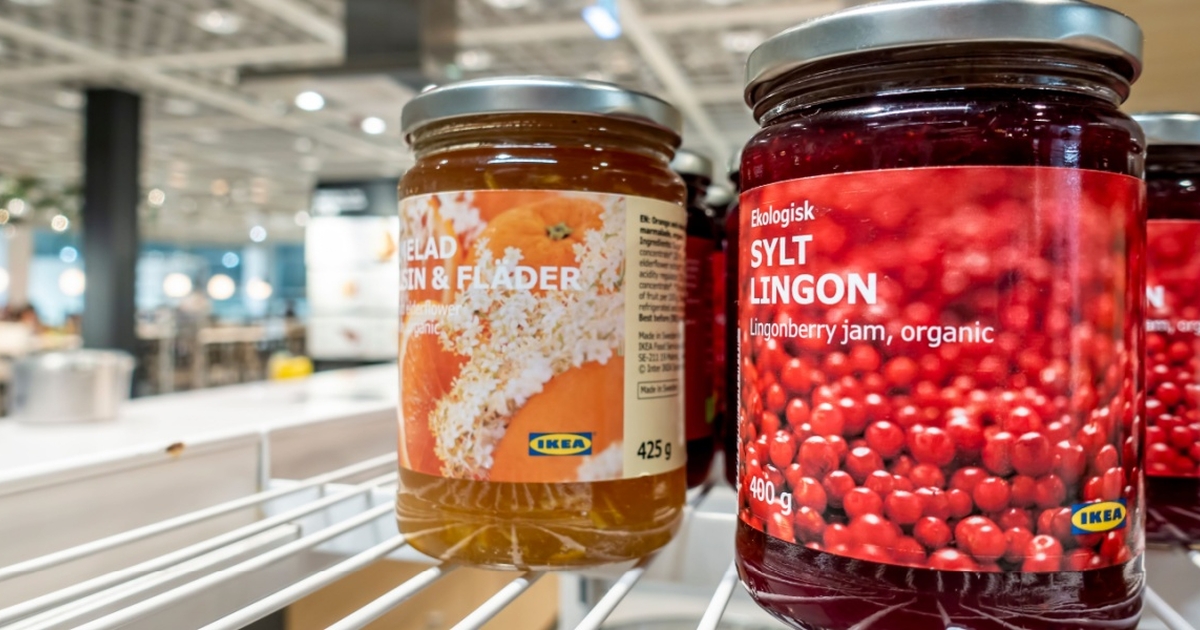I am rather sympathetic to this. I live in a State that has always resisted daylight saving, mainly because we have here a lot of influential farmers, and farmers loathe daylight saving. But I am glad of it. I don't like people messing around with my clocks. The fact that I have a lot of clocks may be a factor. I have 5 clocks in my bedroom alone. Apologies for being eccentric but at least I always know the time
With the clocks set to go forward this Sunday, many of us will be dreading losing an hour of sleep.
And if you think putting the clocks forward each is a literal waste of time, you are not alone.
Top sleep scientists say that shifting the day by just an hour can have massive consequences and claim it should be ditched entirely.
From increasing cancer rates to making car accidents more likely, daylight savings can do a lot more harm than just ruining your lie-in.
Dr Eva Winnebeck, lecturer in Chronobiology at the University of Surrey, told MailOnline: 'Chronobiologists warn against the clock change to Daylight Saving Time – each spring or even permanently.'
Problems linked with daylight savings time
Putting the clocks forward each year has been associated with:
In the UK, daylight savings time was first introduced in 1916 as a wartime effort to save electricity and provide more daylight hours for making ammunition.
Yet while Britons are no longer churning out tank shells, in the Spring and Autumn each year we still move our clocks one hour forward or backwards.
The argument is that, as the days get longer, shifting our days forward gives people more sunlight hours during their working days.
Proponents of this measure cite everything from lower crime rates in the evening to fewer deer being hit by cars as potential upsides.
However, many scientists say that the change is not only inconvenient, but is also actively harmful to our health.
The biggest and most obvious impact of the change is that we lose an hour of sleep the night the clocks go forward, and have to go to bed an hour earlier the next day.
For the vast majority of people, this will result in nothing more than feeling more tired than usual and the issue should resolve within a few days.
But having an entire nation of people suddenly all become slightly sleep-deprived is bound to have some consequences.
One study found an increase in 'cyberloafing' - the act of spending more of the work day making unrelated searchers online - on the Monday after the clocks go forward.
Another study published in 2016 even found that judges in the US tend to give defendants sentences that are about five per cent harsher on 'sleepy Monday' following the clock change.
More worryingly, it has also been suggested that the risk of fatal traffic accidents increases by about six per cent following the Spring daylight savings time transition.
Estimates suggest that about 28 fatal accidents could be avoided in the US every year if daylight savings were abolished.
Dr Winnebeck said: 'The spring clock change, where we fast forward our clocks by 1 hour, is the clock change that is usually most disruptive to our health and wellbeing.
'Sleep loss can have many negative consequences - and with the clock change it affects millions of people at the same time!'
Having our sleep disrupted in this way can also have knock-on effects on our overall health.
Dr Megan Crawford, a sleep researcher from the University of Strathclyde and member of the British Sleep Society, told MailOnline: 'There's an increased risk of cardiovascular events, increased risk of suicidal behaviours... and increased mortality in the days after switching our clocks: those are all linked to the loss of that one hour of sleep.'
Dr Crawford says the British Sleep Society believes that standard time should be reinstated and used all year round due to the 'short-term impact of the clock change, the potential impact across the summer, and the detrimental impact of potential permanent daylight saving times.'
Our bodies have a kind of internal clock called our circadian rhythm, which determines when we eat, when we sleep, when we are most active, and when our brains are at their best.
While the solar day is 24 hours long, the body's rhythm tends to be just a little bit longer.
This means that someone who lived in the dark would naturally wake up a little bit later each day as their biological clock comes out of sync with the solar day.
Humans are only able to keep our body clocks in line thanks to an initial dose of bright morning sun every day.
'We rely on a cue of bright light to bring them into line with the normal 24-hour solar cycle,' said Dr Sophie Bostock, a sleep scientist and founder of The Sleep Scientist.
'If we don't get that cue first thing in the morning, then we're lagging.'
Since daylight savings time gives us fewer hours of light in the morning, lots of people miss that initial bump of daylight that helps realign our body clocks.
Dr Bostock said: 'From a circadian rhythm perspective, there is definitely a case for ditching daylight savings time.'
There is now a growing, if somewhat contested, body of evidence that this mismatch between the sun and our bodies can have severe long-term health impacts.
The main issue with testing how daylight savings affects us in the long-term is that we don't have a lot of data from times when we did not observe daylight savings time.
Dr Crawford sad: 'The best data we can draw on comes from health differences in individuals who live on different sides of a time zone, with poorer health in those who live on the western side.
'This is because the mismatch between the sun time and our clocks is greatest [in the West].
Studies have shown that those living in the West of a time zone have higher risks of leukaemia, stomach cancer, lung cancer, breast cancer, and more.
Those in the west also experience lower life expectancy, higher rates of obesity, amd diabetes, and even lower income.
Since this mismatch is very similar to those experienced when the clocks go forward, some scientists say daylight savings might be having a similar impact.
Yet some scientists say the damage to our health might be even more direct.
Dr Rachel Edgar, a molecular virologist from Imperial College London, told MailOnline that these kinds of disruptions could even make us more susceptible to illness.
Dr Edgar says: 'Evidence from different animal models suggests that disruption to our circadian rhythms increases the severity of different infectious diseases, such as influenza A or herpes virus.'
While she adds that more research is needed to see if this is the case in humans, she notes that 'body clocks can impact both virus replication and immune responses to these infections'.
She concludes: 'There is a broad consensus from scientists who work on circadian rhythms and sleep that any advantages of daylight saving time are outweighed by potential negative effects on our health and well-being.'
https://www.dailymail.co.uk/sciencetech/article-13244023/scientists-call-end-daylight-saving-time.html
****************************************



